What Are Carbs?

They're one of three types of food that give your body energy. The other two are proteins and fats. Together, they provide the fuel your body uses to build and repair itself. Carbs break down into glucose (sugar) that you can use right away.
Your Body's Fuel

Your body runs on glucose. Your brain, in particular, needs it to work the way it should. Carbohydrates are an almost instant source of it. Your body can break down and use fat for some of the same needs, but not all of them. Plus, fat that's used for fuel makes compounds called ketones that can raise the level of acid in your blood, and that can be unhealthy over the long term.
Workout Prep
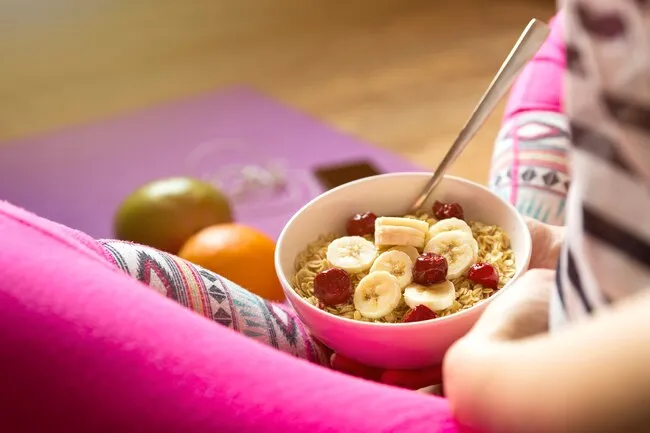
Because carbs are a source of energy, they can keep you going strong while you exercise. Experts recommend fueling up 1 to 3 hours beforehand with a combination of carbs and protein, like oatmeal, Greek yogurt, peanut butter, or nuts and raisins.
Full of Nutrients
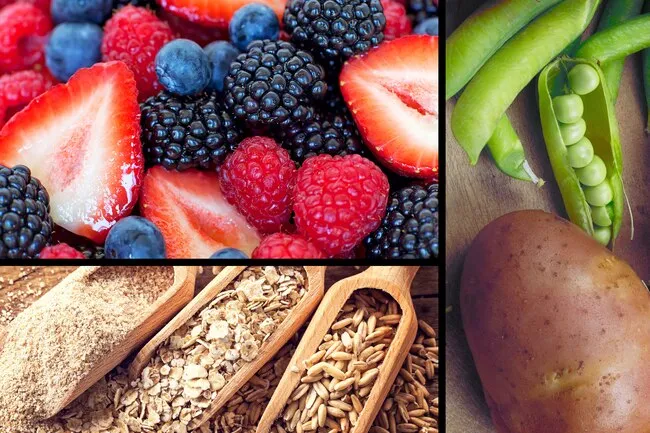
The best-quality carbs -- berries, vegetables, and whole grains -- are packed with vitamins, fiber, and antioxidants that are important for good health and well-being. Whole grains have fatty acids, magnesium, B vitamins, folate, and zinc. Fruit and starchy veggies have some of those, plus phytonutrients like flavonoids and carotenoids that help prevent disease. If you skip the carbs, you lose out on those nutrients, too.
Simple Carbs

Think of table sugar as simple carbs in pure form. They're very small molecules, which makes them especially easy for your body to break down and use. That means they raise your glucose levels (blood sugar) really fast. Things that sweeten any number of candies, pastries, and desserts are loaded with these kinds of carbs.
Complex Carbs

String together a bunch of simple carbs, and you get these larger molecules. Your body has to break them down into simple carbohydrates and then into glucose before it can use them. This takes longer, which means your blood sugar goes up more slowly and they're less likely to be changed into fat. These kinds of carbs include multigrain breads and pasta, beans, potatoes, and other vegetables.
Storage Tank

Before your body turns leftover glucose from carbs into fat, it stores what it can in your liver in the form of glycogen. This keeps your body going between meals. But your liver can only keep a day or so’s worth at a time.
If You Have Too Many
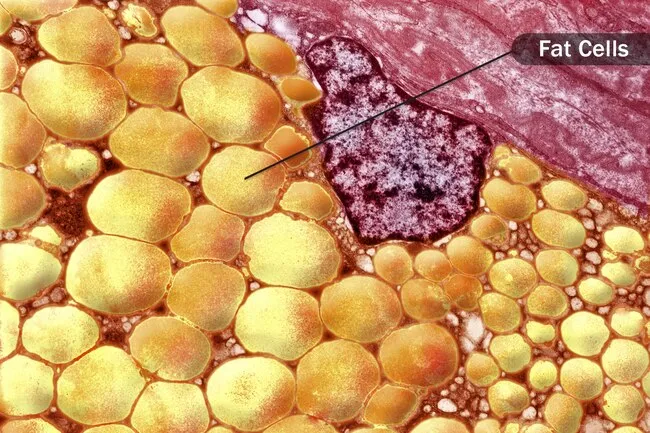
If you overdo the carbs, your blood sugar levels can get too high. This causes your body to make more insulin, which tells your cells to save the extra glucose as fat. That can be unhealthy if you're already carrying a few extra pounds. It can lead to diabetes and other related health issues.
If You Don't Have Enough
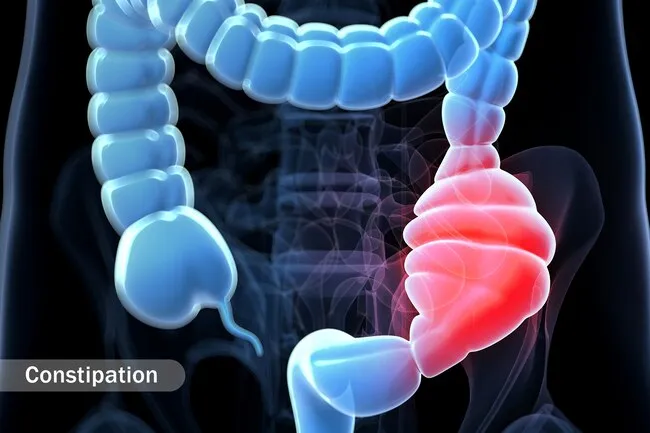
If there aren't enough carbs in your diet, you could get constipated from lack of fiber and nutrients. Your body is also forced to use protein or fat for energy. Proteins are the building blocks of the body. If you use them as fuel, you may not have enough left to make more cells and keep them healthy.
The Right Amount

The number of carbs you need can depend on your gender, size, and how active you are -- and that can change as you get older. But as a general rule, about half your daily calories should come from carbs in fruits, vegetables, grains, beans, and dairy products. Just make sure to go with healthy, complex carbs and don’t overdo the simple ones.
Low-Carb Diet

In theory, fewer carbs mean less sugar. And "ketogenic" diets have been shown to help some people lose weight and control their blood sugar in the short term. But these diets include lots of protein, and your body may need to use stored calcium to digest it. Plus, digesting lots of protein can be hard on your kidneys over time. You also tend to eat more saturated fat to replace the carbs, and that can be unhealthy in the long term, too.
Diabetes and Carbs
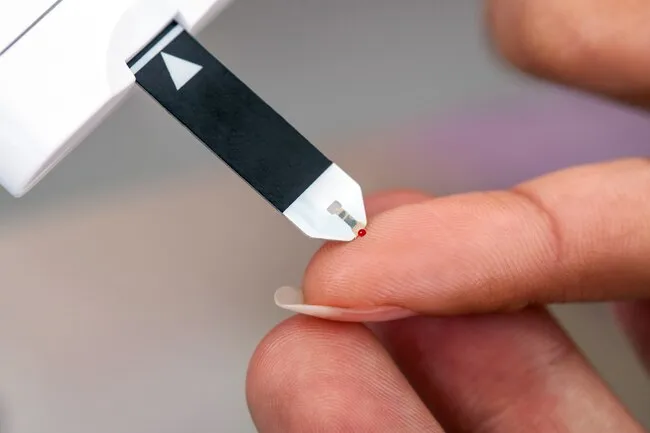
If you have this disease, you need to watch your carbs carefully because your body has trouble keeping your blood sugar at a safe level. If you have too many, your body may not be able to bring your blood sugar down quickly enough. But if your blood sugar gets too low, a glass of juice or another simple carb might be just the thing to kick it back up again. If you have diabetes, talk with your doctor about the best way to manage carbs.
Where to Get Healthy Carbs

Look for unrefined whole grains like quinoa, rye, and barley instead of highly processed white bread and pastries. Whole unprocessed fruits and vegetables are better than juices. And it's a good idea to pass on the high-carb potato foods, especially french fries, in favor of beans, chickpeas, and other legumes.
Diet and Nutrition: The Truth About Carbs
This tool does not provide medical advice. See additional information: 
© 1996-2024 WebMD, LLC. All rights reserved.
Source slideshow on WebMD
